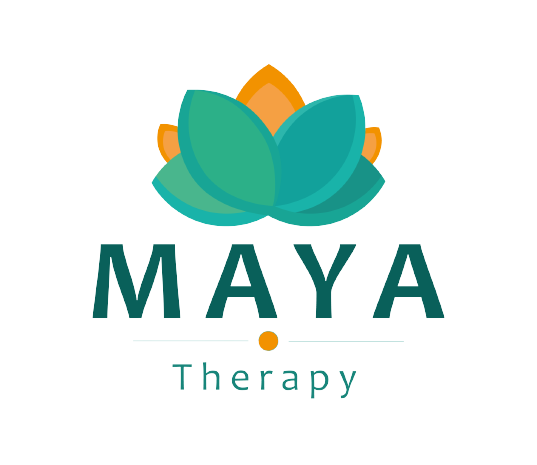When I first started journaling I blurted out my thoughts and emotions on to a paper.
I would write an entire page without actually saying anything. I call it the art of saying nothing loudly.
With time and my constant evolution I now have a system of journaling that comes effortlessly through practice.
Please note there is no right or wrong way to journal—it’s a highly personal practice that can be adapted to your individual preferences and needs.

Here are some tips to help you journal effectively for emotional processing:
Set aside dedicated time
- Choose a specific time each day or week to journal. Consistency is key for establishing a journaling habit.
Create a comfortable space
- Find a quiet and comfortable place to write where you won’t be easily distracted. This can help you focus on your emotions without external interruptions.
Be honest and open
- Journaling is a personal and private activity. Be honest with yourself and write without judgment. Allow your thoughts and emotions to flow freely onto the paper.
Start with a prompt
- If you’re not sure where to begin, use prompts to guide your writing. You might start with prompts like “Today, I feel…” or “I am grateful for…” to kickstart the process.
Explore specific events
- If there’s a particular event or situation that’s causing you stress or emotions, explore it in your journal. Write about the details, your reactions, and how it made you feel.
Describe physical sensations
- Emotions are often accompanied by physical sensations. Take note of how your body responds to different emotions. Describing these sensations can help you become more aware of your emotional experiences.
Reflect on patterns
- Look for patterns or recurring themes in your emotions. Do certain situations or triggers consistently evoke specific feelings? Identifying patterns can provide insights into your emotional responses.
Express gratitude
- In addition to exploring challenging emotions, also take time to write about things you are grateful for. Focusing on positive aspects of your life can help balance your emotional perspective.
Consider different formats
- Your journal doesn’t have to be limited to written words. You can use drawings, diagrams, or even poetry to express your emotions. Experiment with different formats to find what works best for you.
Review and reflect
- Periodically review your journal entries to track your emotional journey over time. Reflect on the progress you’ve made and any insights gained. This can be valuable for personal growth.
Use the present tense
- Write about your emotions in the present tense to make them feel more immediate. Instead of saying, “I felt angry,” say, “I feel angry.” This can enhance the connection with your emotions.
Practice self-compassion
- Be kind to yourself in your journal. If you find yourself being self-critical, try to reframe your thoughts in a more compassionate and understanding way.
Remember, there’s no right or wrong way to journal, so feel free to adapt these tips to fit your own style and preferences. The goal is to create a supportive space for processing and understanding your emotions.




